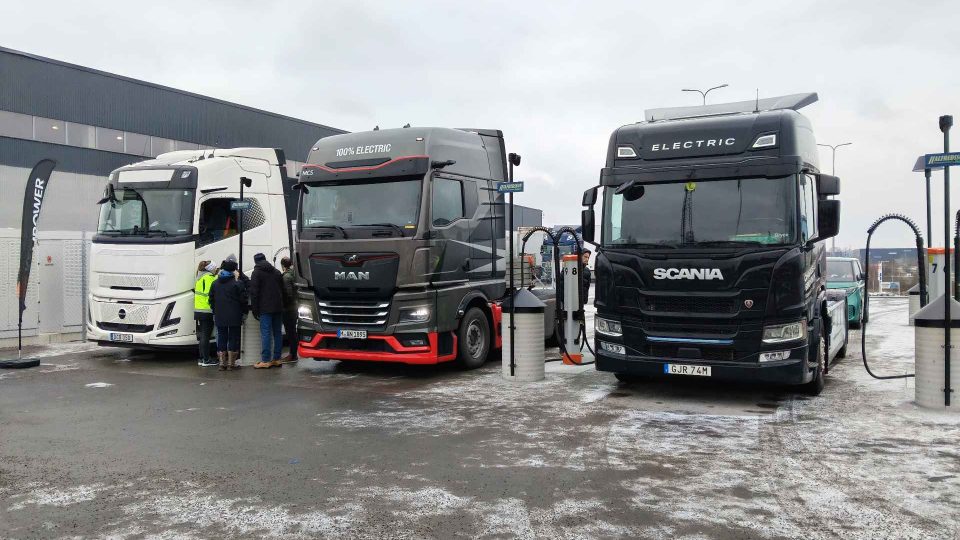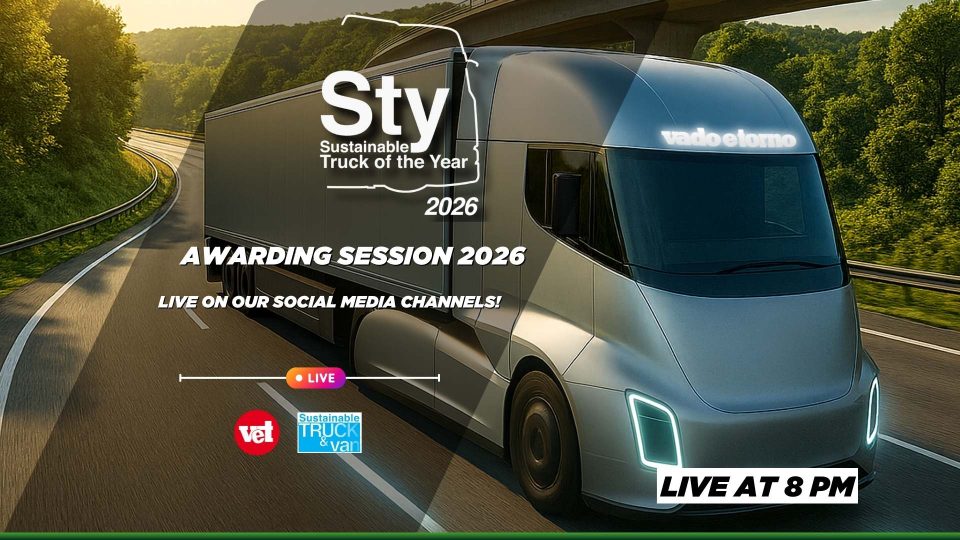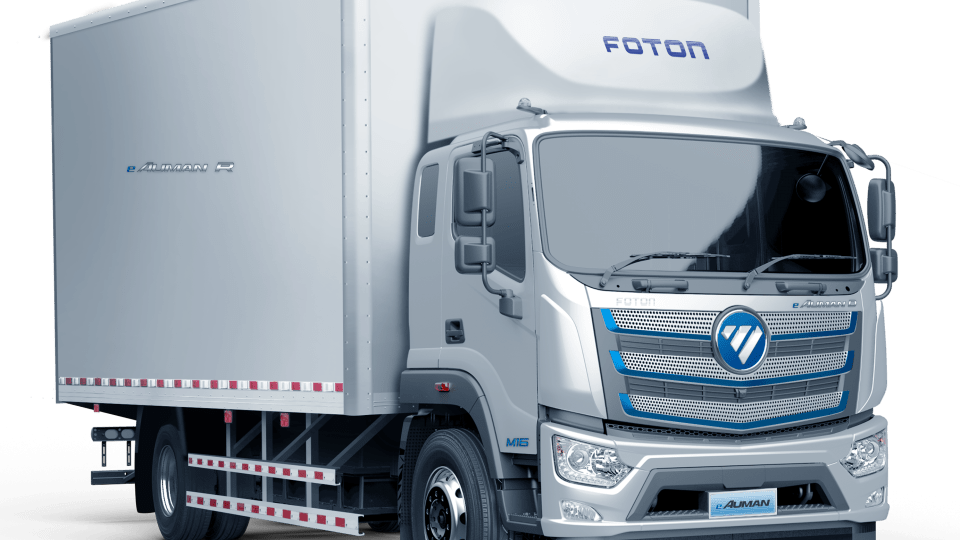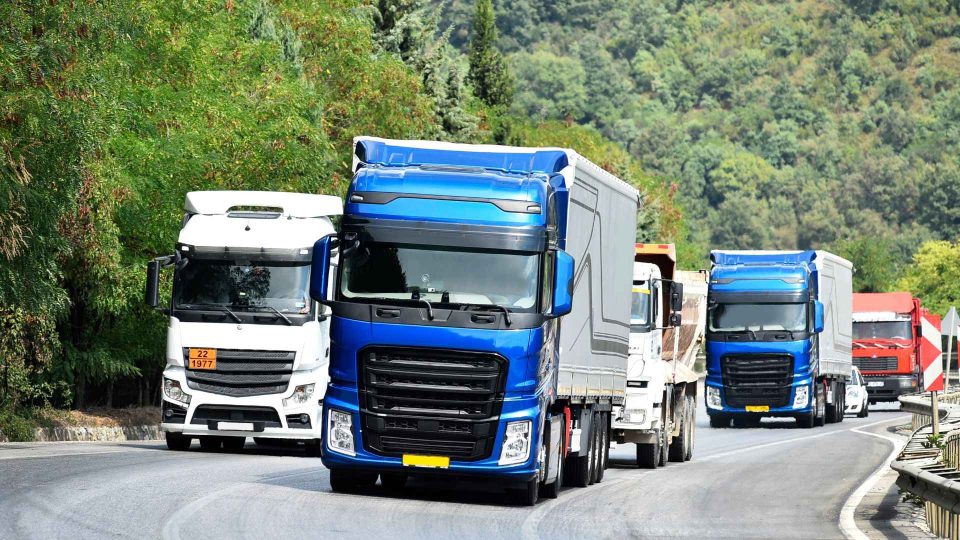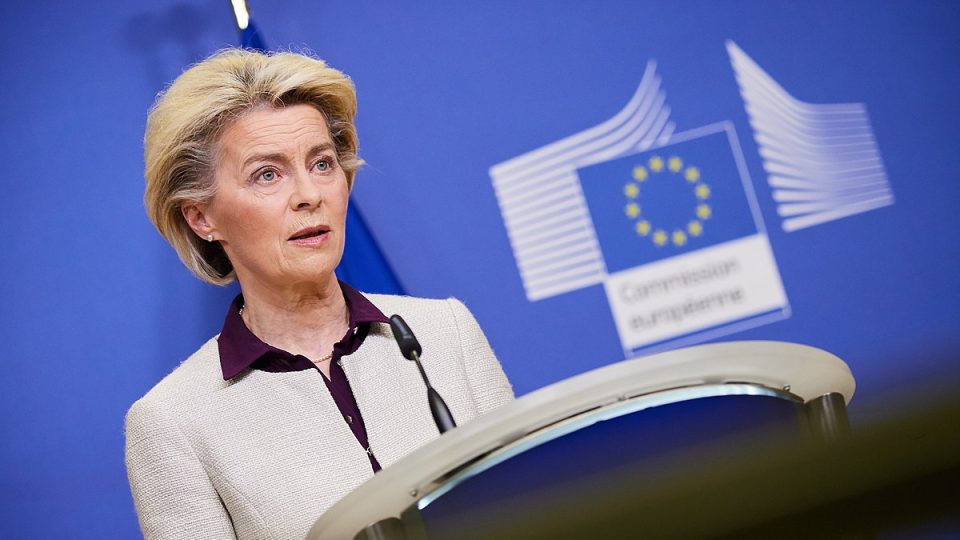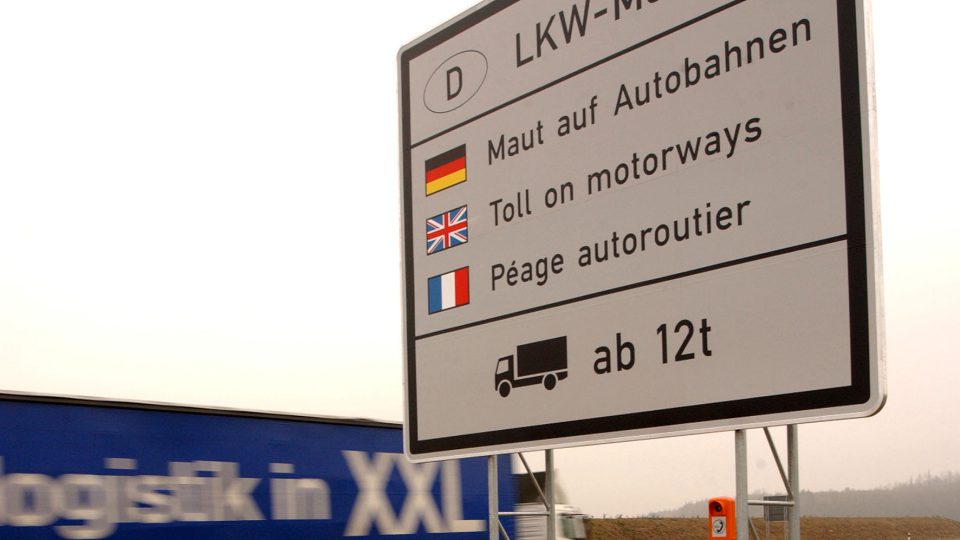Why truck and bus makers are worried about the EU decarbonization roadmap
“The Commission must fast-track the review of the HDV CO₂ Regulation to reflect the realities of the transport and logistics ecosystem. We can’t wait until 2027. We need immediate monitoring and action on the key enablers of climate-neutral road transport. Vehicle makers cannot carry this burden alone — yet we face the greatest compliance risks, despite being ready to deliver”, said Christian Levin, CEO of Scania Group and Chair of the Commercial Vehicle Board at ACEA.
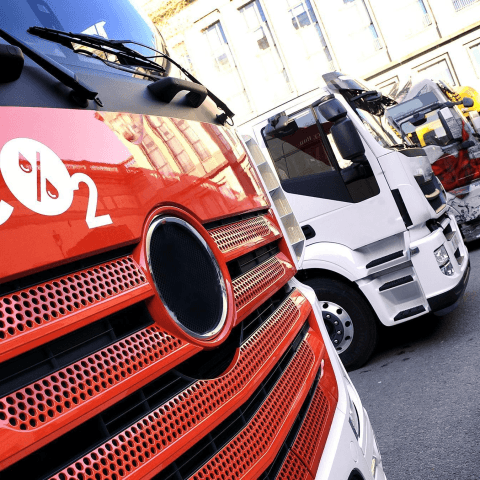
Truck and bus makers play a vital role in Europe’s economy, supporting daily life for millions of citizens and businesses. The industry has already invested billions in developing zero-emission vehicles (ZEVs) capable of meeting a wide range of transport needs.
However, under the EU’s 2030 CO₂ reduction targets, ZEVs must grow from just 3.5% of new vehicle sales in early 2025 to at least 35% by 2030. This ambitious goal comes despite major infrastructure and regulatory gaps. Key enablers — including adequate grid connections, fair charging prices, supportive legislation like the Weights & Dimensions Directive, and targeted incentives — remain underdeveloped or delayed.
Truck and bus makers call for confrontation with EU Commission
Commercial vehicle manufacturers are calling for urgent dialogue with EU leadership, including Commission President von der Leyen and Commissioners Hoekstra and Jørgensen, to outline the critical steps needed to reach these climate goals.

“We are already delivering zero-emission solutions for all transport segments. But without the necessary support framework, we risk falling short — not due to engineering limitations, but due to policy failure,” said Christian Levin, CEO of Scania Group and Chair of the Commercial Vehicle Board at ACEA.
“The Commission must fast-track the review of the HDV CO₂ Regulation to reflect the realities of the transport and logistics ecosystem. We can’t wait until 2027. We need immediate monitoring and action on the key enablers of climate-neutral road transport. Vehicle makers cannot carry this burden alone — yet we face the greatest compliance risks, despite being ready to deliver”, he added.


